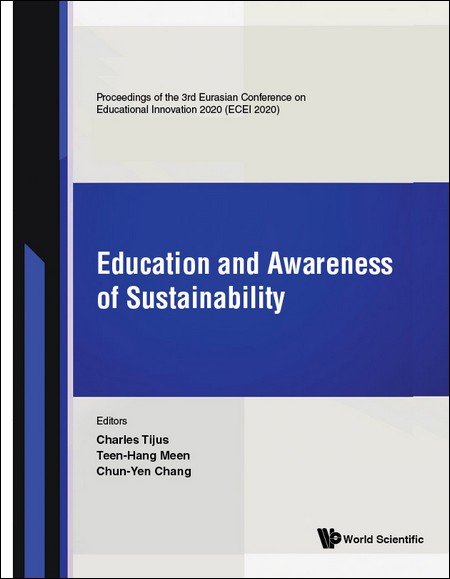Research on Music Based on Autonomic Nervous System
In recent years, modern people have lived a simple and busy life, and they have no other spirits and physical strengths to engage in regular sports. Long-term stress can easily cause autonomic diseases. The heart rate variability analysis has become a functional indicator for the study of the autonomic nervous system that can reflect changes in a person’s health. Therefore, it is necessary to detect stress by autonomic heart rate variability (HRV), and then understand that these symptoms in the original body caused by stress. This research explores the anxiety level change with music therapy on college students. Before music therapy and after music therapy, the degree of strain was measured by the situational anxiety table. The higher the degree of stress in the early stages of measurement is, the more relaxed the students will be after listening to music. However, there is no statistically significant difference in the effect of different levels of anxiety on the effectiveness of music therapy. At the same time, physiological measurements of electrocardiogram and blood pressure were performed before, during, and after the music treatment. The experimental results show that music therapy can effectively reduce the activity of sympathetic nerves and enhance the activity of parasympathetic nerves. It allows students to achieve physical and psychological relaxation after music therapy.



